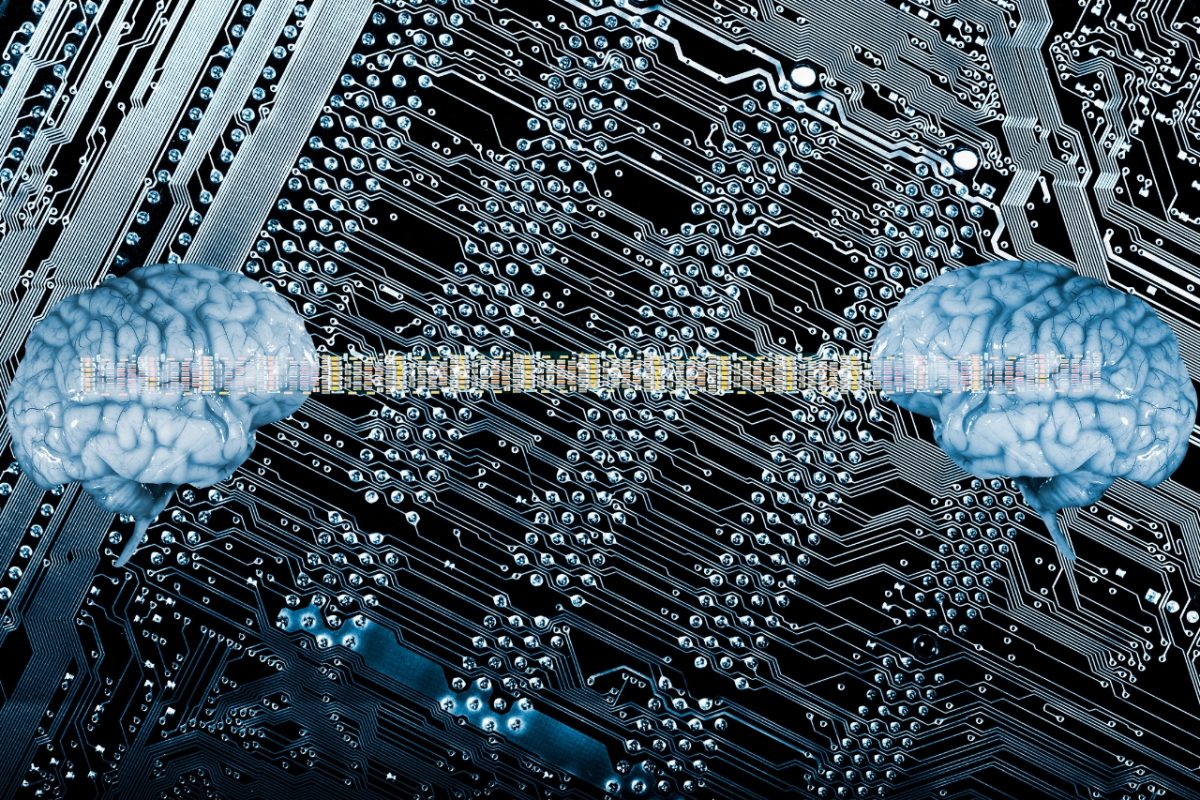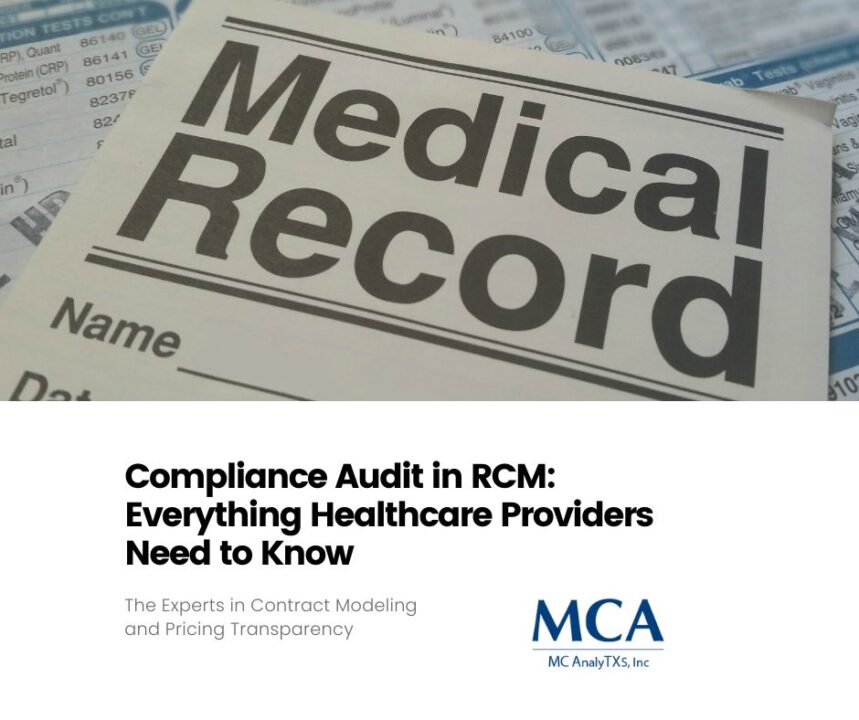
The Impact of Silicon Valley Bank’s Collapse on Digital Health Innovation
March 15, 2023
How Hospitals Can Reduce Administrative Costs
March 28, 2023How Artificial Intelligence is Helping Hospitals and Health Systems Alleviate RCM Staffing Shortages
As healthcare organizations across the country grapple with unprecedented labor shortages, nearly half of the hospitals and health systems are turning to artificial intelligence (AI) to help alleviate staffing and labor insufficiencies.
With AI’s ability to streamline processes, improve patient care, provide predictive analytics, and drive cost savings through increased efficiency, it’s no wonder that more and more organizations are adopting this innovative technology.
Let’s take a closer look at how AI is helping hospitals and health systems combat staffing shortages.
Automation of Administrative Tasks
Many administrative tasks in healthcare can now be automated with artificial intelligence.
Automating routine tasks such as billing, scheduling, data entry, and even medical coding can free up staff for more clinical duties or enable them to focus on providing better patient care.
This automation also helps reduce the risk of human error throughout the organization by eliminating manual data entry from the process. Additionally, AI-driven automation helps reduce time-consuming paperwork associated with administrative tasks which ultimately improves staff productivity.
Faster Problem Identification & Resolution
Artificial intelligence technology is able to quickly identify problems within a hospital or health system’s infrastructure so that they can be addressed immediately.
For example, AI-powered algorithms can detect patterns in certain data sets that may indicate an issue related to patient safety or workflow efficiency.
This capability enables faster problem identification and resolution which in turn leads to greater operational efficiencies throughout the organization.
Additionally, this reduces reliance on manual processes which frees up staff for other important duties.
Enhanced Care Coordination & Quality Improvement
AI technology helps enhance care coordination by providing more accurate predictions about potential problems or outcomes for patients based on their individual needs or conditions.
By utilizing predictive analytics driven by AI algorithms, healthcare providers are better equipped to coordinate care for their patients in a timely manner while also ensuring quality improvement across the board.
Furthermore, these same algorithms can alert physicians if any anomalies occur during treatment so that they can intervene quickly if necessary.
As healthcare organizations continue to face major staffing challenges due to labor shortages, many are turning to artificial intelligence technology as a way of alleviating those pressures while simultaneously improving operational efficiencies throughout their organization.
From automating administrative tasks like billing and scheduling to enhancing care coordination through predictive analytics powered by AI algorithms—hospitals and health systems are beginning to reap the benefits of this innovative technology every day.





